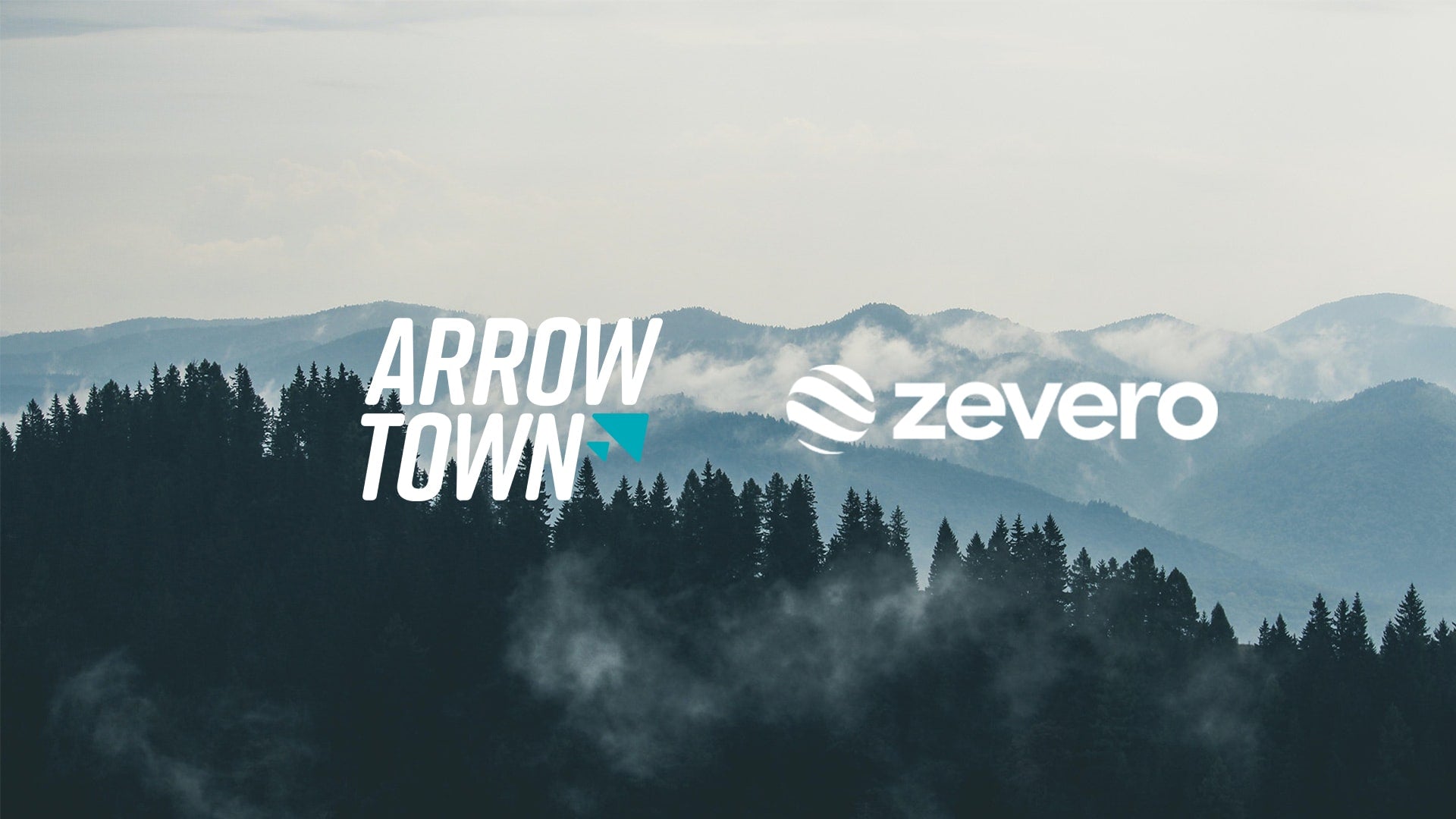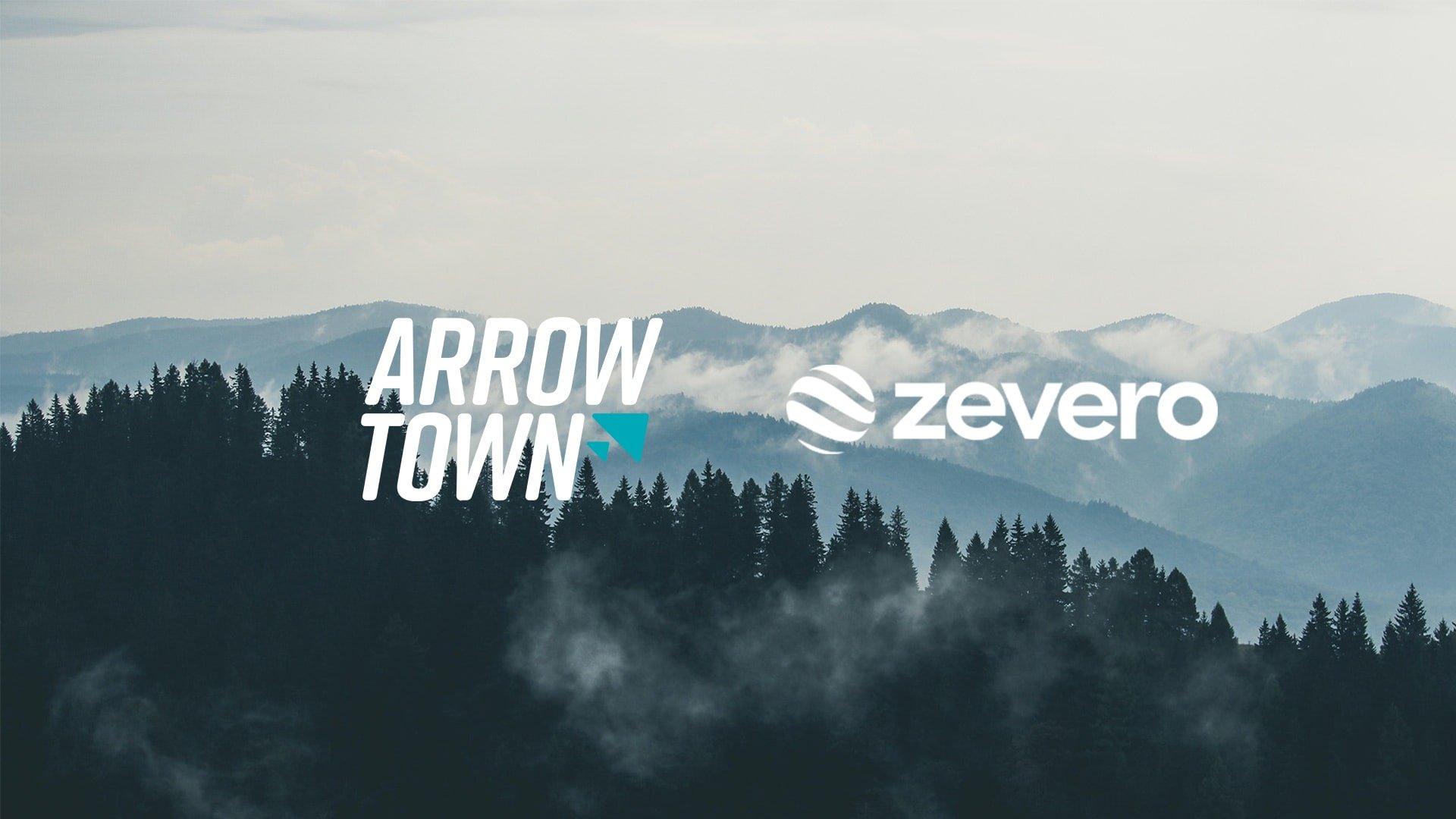

· By James Smith
Zevero guest blog

Those of you who saw the announcement of our carbon neutral status would have seen that one of our environmental partners is Zevero. If you missed that, Zevero is a software for measuring, monitoring and reducing your company’s carbon footprint. Only 1 in 10 companies know their carbon emissions and 89% of companies are measuring their emissions incorrectly. Thankfully, Zevero are on a mission to change that.
As well as being experts on all things sustainability, they also happen to be great guys and true to form kindly agreed to share some of their knowledge with us. For this blog I caught up with George Wade, one of the founders.
First and foremost, what are your general views on the climate crisis?
My view is that while climate change is incredibly concerning, I also think there are a lot of reasons to be optimistic. Optimistic that we have the solutions and the leaders to take climate action, a growing demand for policy from the government and climate action from corporations, both big and small, we can reduce our impact on the planet. Ultimately, reaching net zero.
What should a company consider when they are looking at implementing a carbon emissions plan?
Great question, a company should always start by understanding where their emissions come from before building a climate programme, otherwise they won’t know what’s their biggest contributor. If you’re a consumer brand, it’s likely that 80% of your emissions will come from your supply chain, with packaging and your products themselves being key contributors. When it comes to actually taking action, the best approach is to focus on easy wins like using green electricity before moving on to complex things like ensuring you’re using only recycled materials for packaging or that you get transparency on where and how your products are made.

What are the benefits of tracking your carbon emissions?
Well, it’s all well and good to understand your emissions, but if you don’t know what happens over time you won’t know if the decisions you’re making are actually helping, or hindering your efforts. Putting it another way, if you’re running a business or your personal finances for that matter you’d want to track your bank account and know what you have left to spend. I believe companies should and will want the same level of detail on their carbon emissions. Think of it like Monzo, but for emissions.
Nowadays, more and more companies are prioritising sustainability which is great. What do you think companies should be focusing on? How can they make the biggest impact?
I really think companies should focus on understanding their impact, that way they can see where to focus their efforts. For example, transport emissions accounted for 6% of Arrowtown’s emissions, whereas the packaging materials for each can represented 55%. So, cutting down on those is crucial. Again for those easy wins, use green electricity and then focus on your biggest carbon hotspots. It’s brilliant how much easier climate action becomes when you can make sense of your data!

You guided us through our emissions mapping process. Was there anything interesting you found within our data?
Definitely; it’s always interesting when we dig into the data on each company we work with. With Arrowtown it was particularly interesting to work out the emissions of each can and look at ways to minimise the impact of every sip a customer takes. I would say another interesting point was how you’re taking a lot of steps to reduce your emissions already and that’s incredibly admirable for a growing company. I love it.
On an individual level, what can people do to make a difference?
I would say the first thing is that individuals aren’t necessarily the problem and I wouldn’t want people to feel eco-anxiety. However, there are still some easy wins and ways for individuals to take climate action in their daily lives. Things like switching to green electricity, buying fewer ‘things’ (you probably don’t need anyway) and if you buy them, support great companies making a difference, like Arrowtown for example. (I promise we didn’t pay him to say that)
It’s easy to feel overwhelmed, but start small and feel empowered to take climate action; it’s pretty cool.
What does the future hold for Zevero?
For us, it's a very exciting time. We're working with some fantastic clients, particularly in the brewing and creative spaces and most importantly we're helping companies understand and reduce their emissions. You can't ask for much more than that!

If you want to hear more from George, check out Zevero here or you can subscribe to his weekly newsletter for optimistic climate news and insight straight to your mailbox.



